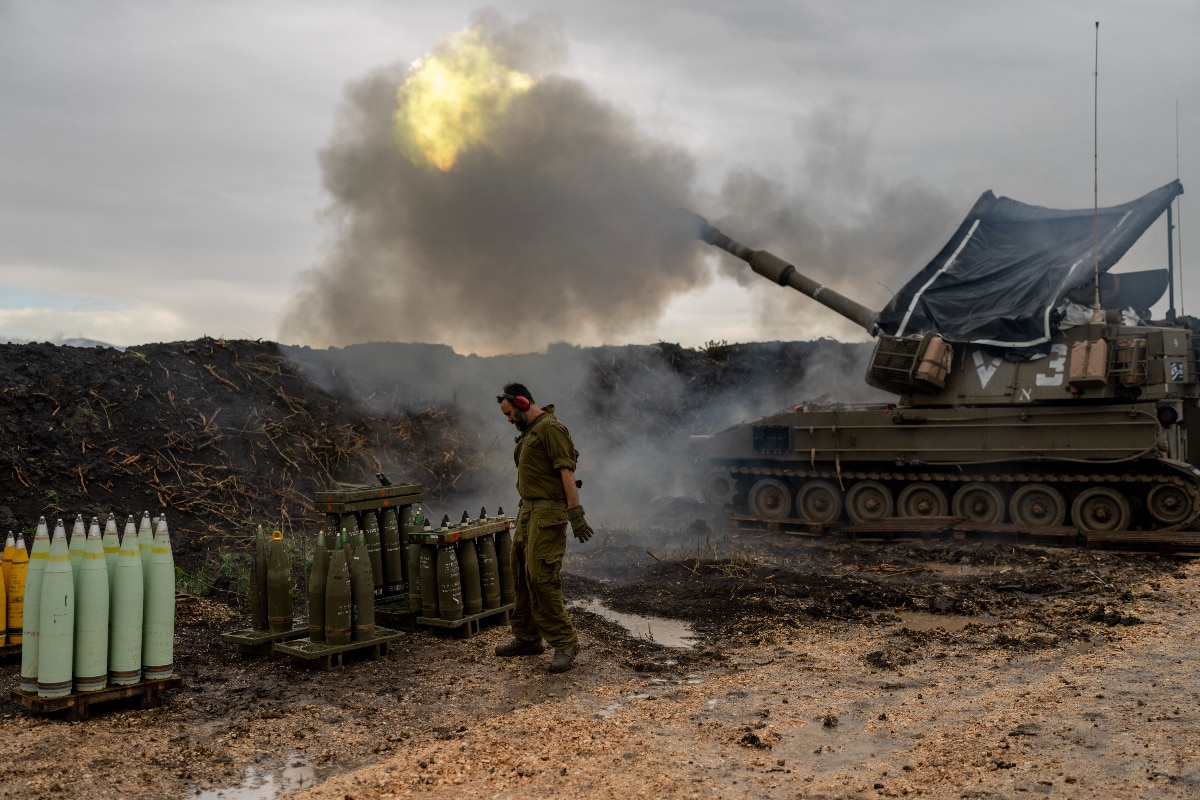This comes after Hezbollah senior commander Fuad Shukr was killed in an Israeli strike on the outskirts of the Lebanese capital in a Hezbollah stronghold.
The Indian Embassy in Beirut has issued an advisory urging Indian nationals to avoid non-essential travel to Lebanon amid the escalating tensions in the Middle East following the rising tensions between Israel and the Lebanon-based Hezbollah group. Indian nationals residing in Lebanon were advised to restrict their movements and maintain regular contact with the Embassy of India in Beirut through their designated email or emergency phone number.
Advising against non-essential travel to Lebanon, the embassy said, “In view of the recent escalations in the region, Indian nationals are advised to avoid all non-essential travel to Lebanon.” “All Indian nationals in Lebanon are advised to exercise caution, restrict their movements, and remain in contact with the Embassy of India in Beirut through their email: [email protected] or the emergency phone number +96176860128,” it added.
This comes after Hezbollah senior commander Fuad Shukr was killed in an Israeli strike on the outskirts of the Lebanese capital in a Hezbollah stronghold. The strike, which was followed by another, hours later, which killed Hamas political leader Ismail Haniyeh in Tehran, triggered fears the war in Gaza could escalate into a region-wide conflict.
The advisory follows a series of similar warnings from other countries, including Australia, the US and Britain. Australia’s Foreign Minister Penny Wong urged Australian citizens in Lebanon to leave the West Asian nation immediately.
“Now is the time to leave, the security situation could deteriorate quickly with little or no notice,” Wong said in a video message on social media platform X.
The Middle East has been engulfed in turmoil for months as Israel’s conflict in Gaza continues to claim tens of thousands of lives and plunge the region into a severe humanitarian crisis. The situation took a darker turn with the recent assassination of Hamas leader Ismail Haniyeh in Tehran, an act that Iran swiftly attributed to Israel.
Historically, Iran has carefully navigated its actions to avoid escalating tensions into a full-blown war, often exerting pressure on Israel through its allies and proxy forces. However, the assassination of Haniyeh has thrown a veil of uncertainty over Iran’s next move. Reports from The New York Times suggest that Iran’s supreme leader, Ayatollah Ali Khamenei, has ordered a direct retaliatory strike on Israel.

